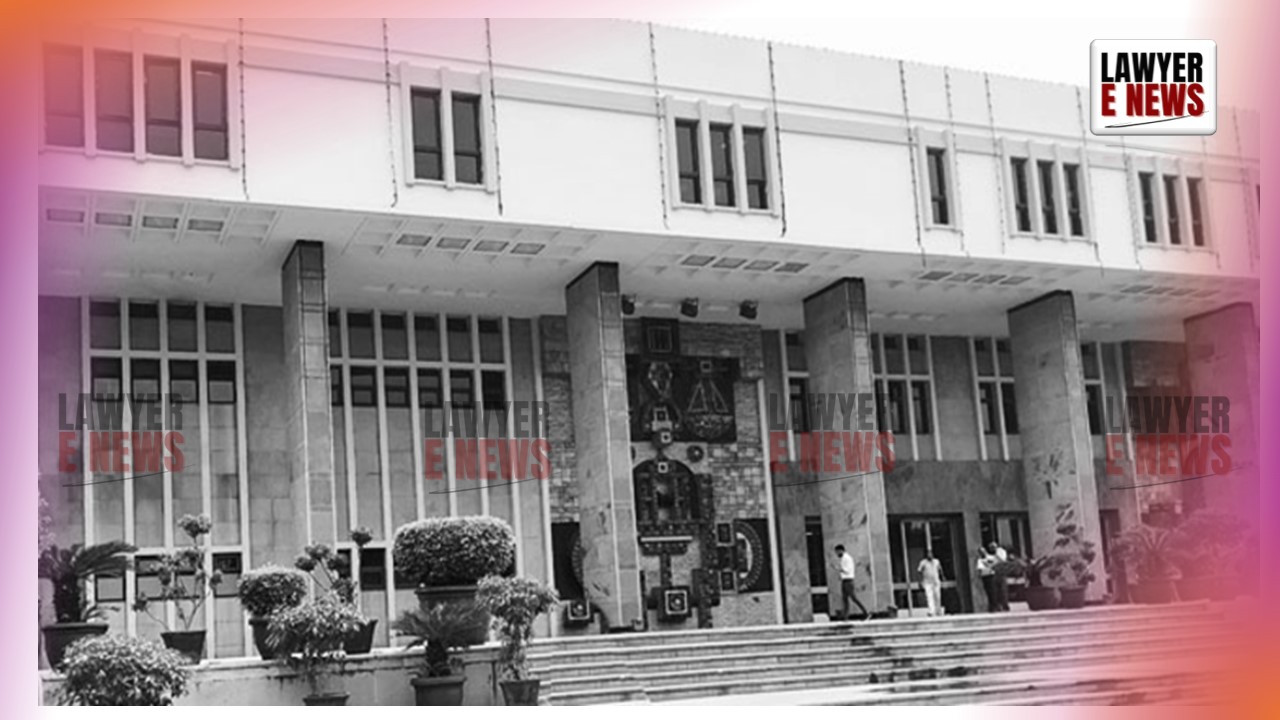-
by Admin
15 February 2026 5:35 AM



High Court rejects application for amendment in civil suit, emphasizing legal limitations and new cause of action implications.
In a significant judgment, the Delhi High Court has set aside the order of a trial court that allowed the amendment of a plaint to include new causes of action and additional defendants. The ruling, delivered by Justice Dharmesh Sharma, underscores the limitations on amending pleadings under Order VI Rule 17 of the Code of Civil Procedure (CPC), emphasizing that such amendments cannot introduce entirely new causes of action at a late stage of litigation.
The case involved a civil revision petition filed by Sh. Dadaso Jagtap and another petitioner against Smt. Satwant Kaur Sarna and others. The dispute originated from a series of property transactions and agreements involving the parties. The respondent (Smt. Satwant Kaur Sarna) had initially filed a suit against the defendants for possession of a property and damages. Subsequently, she sought to amend her plaint to rectify a General Power of Attorney (GPA) and to include additional defendants, asserting that the GPA contained fraudulent misrepresentations.
The trial court had permitted the amendment, citing the necessity for effective adjudication. However, the Delhi High Court found that the proposed amendment introduced a new cause of action and impacted the rights of the newly added defendants. Justice Dharmesh Sharma observed, “The cause of action espoused and the reliefs originally in the plaint were directed against defendants No. 1 and 2. What the respondent now seeks is rectification of the GPA, which constitutes an entirely different cause of action.”
The High Court also addressed the issue of limitation, which the trial court had deferred to be decided at the evidence stage. The High Court highlighted that the question of limitation is factual and requires evidence. Justice Sharma stated, “The knowledge of the plaintiff about the alleged fraud in the GPA is a question of fact. Whether the relief of rectification is barred by limitation or not can be decided only after the parties have led their evidence on this point.”
The court extensively discussed the principles governing the amendment of pleadings under Order VI Rule 17 of the CPC and the limitations set forth by Section 26 of the Specific Relief Act, 1963. The judgment emphasized that amendments seeking to introduce new causes of action at a late stage of litigation are impermissible as they alter the fundamental nature of the suit.
Justice Dharmesh Sharma remarked, “The proposed amendment is an entirely different cause of action. The respondent’s attempt to enlarge the scope of the suit by seeking rectification of the GPA and including additional defendants cannot be allowed.”
The Delhi High Court’s decision to set aside the trial court’s order and reject the amendment application reiterates the judiciary’s commitment to maintaining the integrity of legal proceedings. By directing the trial court to proceed with the suit as originally framed and allowing the respondent the liberty to institute separate proceedings for the new cause of action, the judgment ensures that the legal rights of all parties are preserved and due process is upheld.
Date of Decision: July 16, 2024
